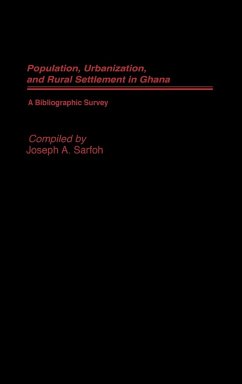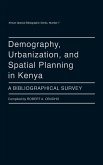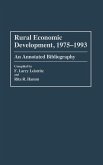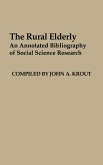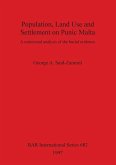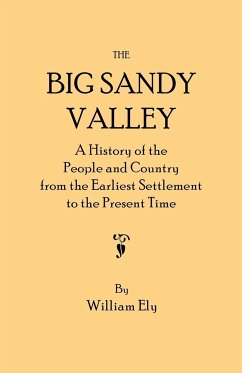There are a number of reasons why Ghana represents an important case study for any discussion of population, urbanization, and rural settlement in postcolonial Africa. First, it served as a pioneering experiment in the decolonization of Africa; second, its government was one of few ruling bodies in Africa to recognize the relationship between socioeconomic development and development in urban and rural areas; and third, it formulated vital policies on population and urbanization. The need for a retrospective bibliography on Ghana's population, urbanization, and rural settlement has long been apparent, especially considering the large body of literature on these subjects. A large portion of this literature postdates Ghana's independence in 1957 and, due to its volume, has been inaccessible to researchers and planners. This reference is meant to serve as an important source book, and lists all the materials published or written on these target areas in Ghana. It also records all academic works, discussions and conference papers, periodical literature, theses and dissertations, and public documents.
Hinweis: Dieser Artikel kann nur an eine deutsche Lieferadresse ausgeliefert werden.
Hinweis: Dieser Artikel kann nur an eine deutsche Lieferadresse ausgeliefert werden.

